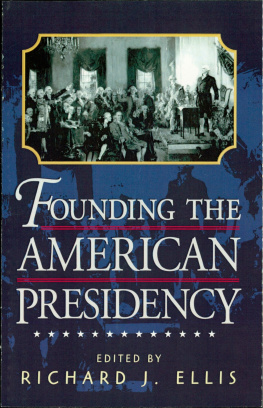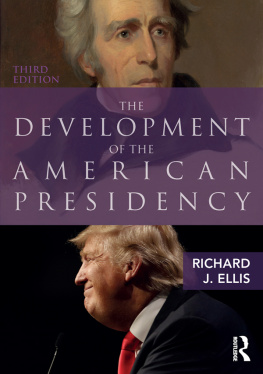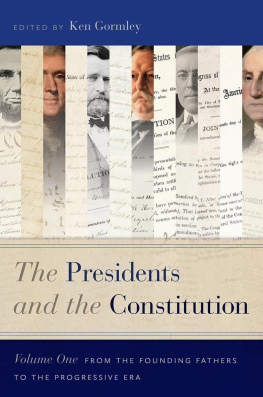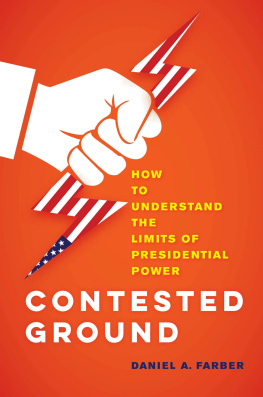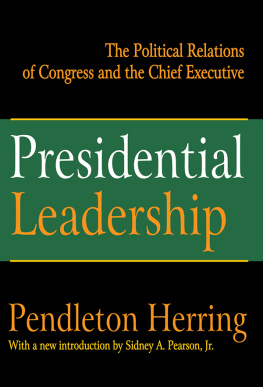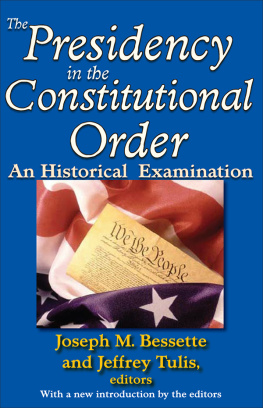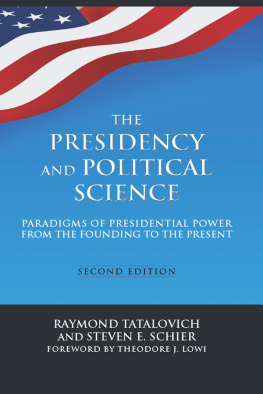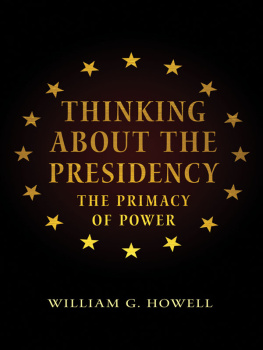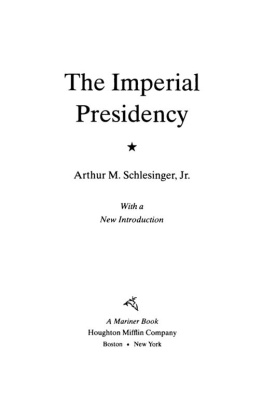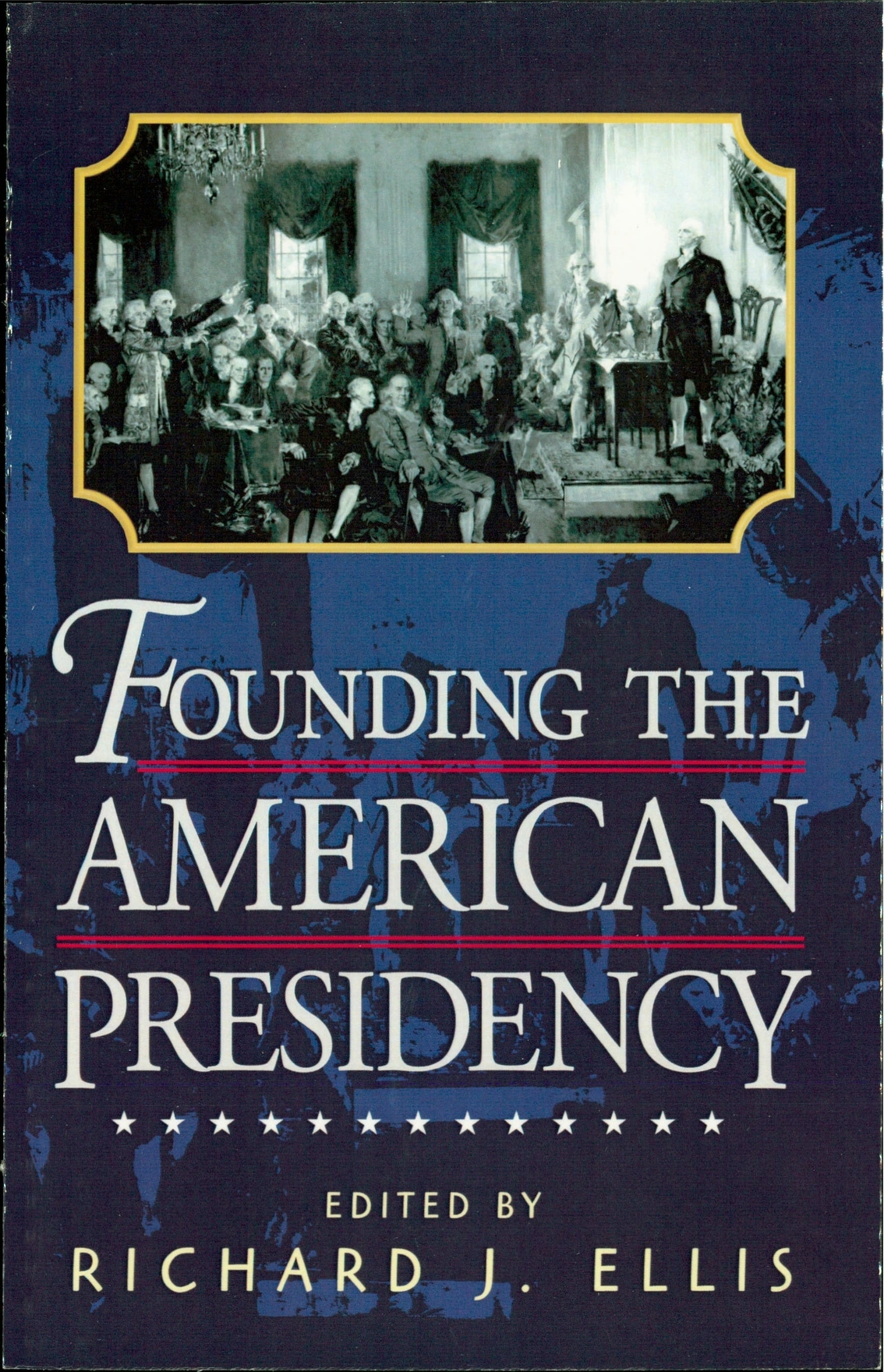Federal Convention in Philadelphia, 1787
Monday, May 14: Convention scheduled to begin
Friday, May 25: Convention opens with necessary quorum of seven states (N.Y., N.J., Pa., Va., S.C., N.C., Del.); Washington selected president of convention
Tuesday, May 29: Virginia Plan presented to convention by Edmund Randolph
Friday, June 15: New Jersey Plan presented to convention by William Paterson
Tuesday, June 19: New Jersey Plan voted down by convention
Tuesday, July 10: New York delegation leaves
Sunday, July 22: New Hampshire delegation arrives
Tuesday, July 24: Five-member Committee of Detail (John Rutledge, chair; Oliver Ellsworth, Nathaniel Gorham, Edmund Randolph, James Wilson) elected to draw up a constitution conformable to the Resolutions passed by the Convention
Thursday, July 26: Convention approves ten-day recess to give Committee of Detail time to draft a constitution
Monday, August 6: Convention reconvenes: draft of constitution prepared by Committee of Detail read to convention
Friday, August 31: Convention votes to have new constitution ratified by conventions elected by people rather than ratified by state legislatures; requires nine states to ratify
Friday, August 31: Committee on Postponed Matters (David Brearly, chair; Abraham Baldwin, Pierce Butler, Daniel Carroll, John Dickinson, Nicholas Gilman, Rufus King, James Madison, Gouverneur Morris, Roger Sherman, Hugh Williamson), composed of one delegate from each state, appointed to deal with all postponed matters, including question of presidential selection
Tuesday, September 4: Committee on Postponed Matters submits its compromise plan on presidential selection, including proposal for electoral college
Saturday, September 8: Convention elects five-member Committee of Style (William Samuel Johnson, chair; Alexander Hamilton, Rufus King, James Madison, Gouverneur Morris) to finalize the language of the Constitution
Wednesday, September 12: Committee of Style lays Constitution before the convention
Monday, September 17: Delegates sign Constitution and vote to dissolve convention; three (Elbridge Gerry, George Mason, and Edmund Randolph) refuse to sign
Ratification
October 27, 1787: First of the Federalist essays by Publius published
December 7, 1787: Delaware unanimously ratifies Constitution
December 12, 1787: Pennsylvania ratifies Constitution, 46 to 23
December 18, 1787: New Jersey unanimously ratifies Constitution
December 31, 1787: Georgia unanimously ratifies Constitution
January 9, 1788: Connecticut ratifies Constitution, 128 to 40
February 6, 1788: Massachusetts ratifies Constitution, 187 to 168
February 22, 1788: New Hampshire refuses to ratify but adjourns until June rather than reject Constitution
March 11-April 2, 1788: Hamiltons Federalist essays on the executive (67-77) are published
March 24, 1788: Rhode Island referendum on Constitution boycotted; rejects Constitution, 2,711 to 239
April 26, 1788: Maryland ratifies Constitution, 63 to 11
May 23, 1788: South Carolina ratifies Constitution, 149 to 73
June 21, 1788: New Hamphsire ratifies Constitution, 57 to 40; is ninth state to ratify, thus satisfying Convention requirements
June 25, 1788: Virginia ratifies Constitution, 89 to 79
July 26, 1788: New York ratifies Constitution, 30 to 27
August 2, 1788: North Carolina declines to ratify Constitution, 180 to 80
November 21, 1789: North Carolina ratifies Constitution, 194 to 77
May 29, 1790: Rhode Island ratifies Constitution, 34 to 32
Appendix 2: Delegates to the Constitutional Convention
| Connecticut | Delaware |
| Oliver Ellsworth | Richard Bassett |
| William Samuel Johnson | Gunning Bedford |
| Roger Sherman | Jacob Broom |
| John Dickinson |
| George Read |
| Georgia | North Carolina |
| Abraham Baldwin | William Blount |
| William Few | William Richardson Davie |
| William Houston | Alexander Martin |
| William Pierce | Richard Dobbs Spaight |
| Maryland | Hugh Williamson |
| Daniel Carroll | Pennsylvania |
| Daniel of St. Thomas Jenifer | George Clymer |
| Luther Martin | Thomas Fitzsimmons |
| James McHenry | Benhamin Franklin |
| John Francis Mercer | Jared Ingersoll |
| Massachusetts | Thomas Mifflin |
| Elbridge Gerry | Gouverneur Morris |
| Nathaniel Gorham | Robert Morris |
| Rufus King | James Wilson |
| Caleb Strong | South Carolina |
| New Hampshire | Pierce Butler |
| Nicholas Gilman | Charles Pinckney |
| John Langdon | Charles Cotesworth Pinckney |
| New Jersey | John Rutledge |
| David Brearly | Virginia |
| Jonathan Dayton | John Blair |
| William Churchill Houston | James Madison |
| William Livingston | George Mason |
| William Paterson | James McClurg |
| New York | Edmund Randolph |
| Alexander Hamilton | George Washington |
| John Lansing | George Wythe |
| Robert Yates |
Appendix 3: Convention Reports and Resolutions
A. The Virginia Plan, May 29, 1787
7. Resolved that a National Executive be instituted; to be chosen by the National Legislature for the term of ___ years, to receive punctually at stated times, a fixed compensation for the services rendered, in which no increase or diminution shall be made so as affect the Magistracy, existing at the time of increase or diminution, and to be ineligible a second time; and that besides a general authority to execute the National laws, it ought to enjoy the Executive rights vested in Congress by the Confederation.
8. Resolved that the Executive and a convenient number of the National Judiciary, ought to compose a Council of revision with authority to examine every act of the National Legislature before it shall operate, & every act of a particular Legislature before a Negative thereon shall be final; and that the dissent of the said Council shall amount to a rejection, unless the Act of the National Legislature be again passed, or that of a particular Legislature be again negatived by ___ of the members of each branch.
9. Resolved that a National Judiciary be established to consist of one or more supreme tribunals, and of inferior tribunals to be chosen by the National Legislature....
B. The Report of the Committee of the Whole on Mr. Randolphs Propositions, June 13, 1787
9. Resolved that a national Executive be instituted to consist of a single person, to be chosen by the National Legislature for the term of seven years, with power to carry into execution the national laws, to appoint to offices in cases not otherwise provided for-to be ineligible a second time, & to be removeable on impeachment and conviction of malpractices, or neglect of duty-to receive a fixed stipend by which he may be compensated for the devotion of his time to public service to be paid out of the national Treasury.

